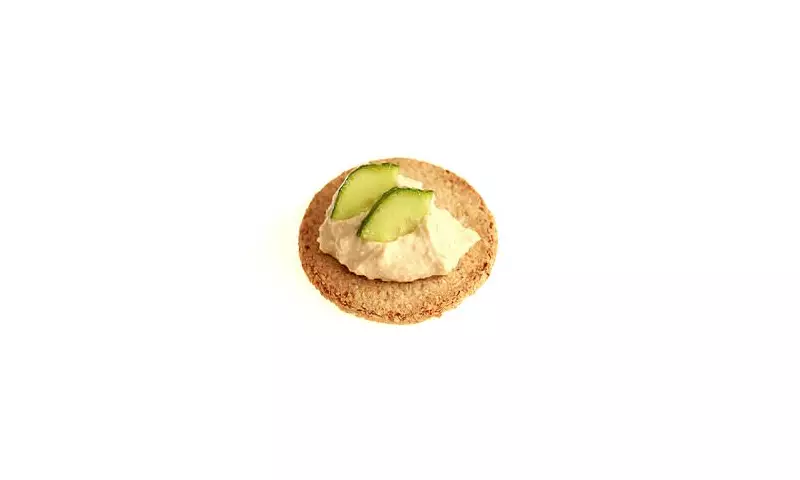
The traditional British oatcake faces potential removal from supermarket shelves under new European Union food safety regulations being negotiated as part of Prime Minister Keir Starmer's reset deal with Brussels.
The Mycotoxin Controversy
At the heart of the dispute are stricter EU limits on mycotoxins - naturally occurring mould substances that can develop in oat-based products. While the European Commission maintains these rules are necessary for consumer safety, British officials argue they're disproportionate to the actual risk.
The Food Standards Agency conducted a study in 2014 that found mycotoxins present at low levels in UK oat products were "well below the tolerable daily intake." Furthermore, the UK's committee on toxicity has reaffirmed that existing national health-based regulations provide sufficient protection.
Threat to British Farming
This potential ban poses significant concerns for UK oat farmers, particularly those operating in coastal regions with damp conditions where mycotoxins occur more frequently. The National Farmers Union has identified this as a substantial threat to British cereal farmers' livelihoods.
Tom Bradshaw, president of the National Farmers Union, emphasised the urgency: "The EU's decision to change their regulations on mycotoxins is a significant threat to British cereal farmers. Already, as a result of this decision, if you have a wet year then that could limit exports of cereal crops like oats to the EU."
Negotiations and Historical Parallels
Nick Thomas-Symonds, the Minister for EU Relations, has taken personal charge of the situation, engaging in direct negotiations with European counterparts. The UK is seeking an exemption from the strict EU mycotoxin rules, along with several other opt-outs concerning agricultural standards.
This confrontation echoes the infamous "sausage wars" during the original Brexit negotiations, where the EU threatened to prohibit British sausage sales in Northern Ireland over raw meat regulations. That dispute concluded with a compromise requiring "not for EU" labelling on affected products.
Farming groups and government officials remain hopeful that a similar resolution can be reached to preserve the future of the humble oatcake, a savoury biscuit traditionally served with cheese or full English breakfast items that has become a national favourite.





